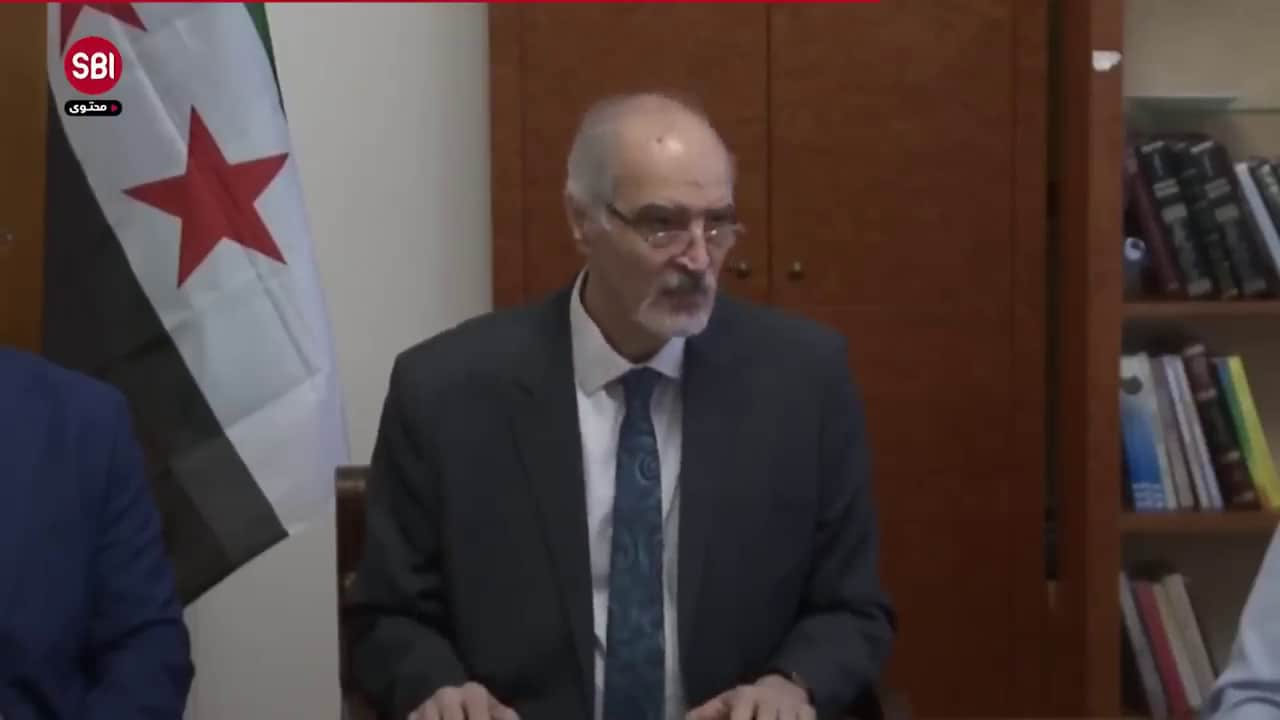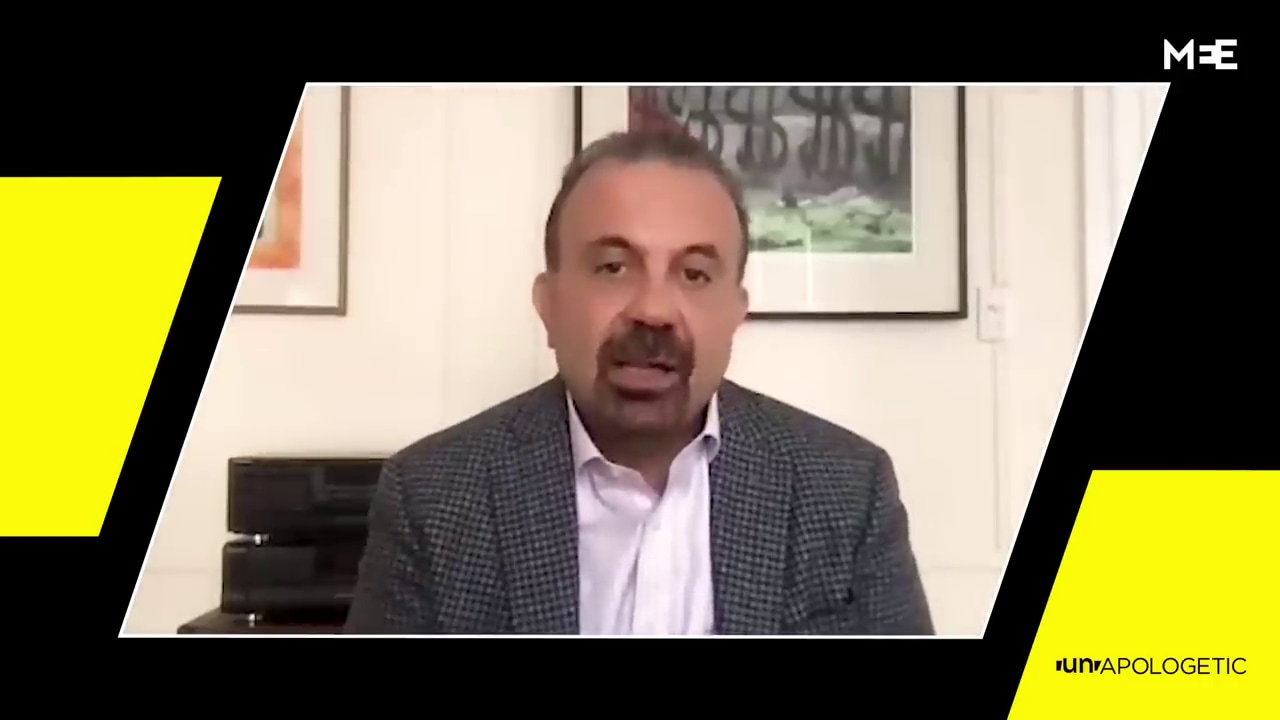
The following are excerpts from an interview with retired senior CIA official Michael Scheuer, which aired on Al-Jazeera TV on September 11 and 12, 2005
Scheuer: Let me first say that I don't speak for anyone but myself. I don't speak for the CIA. I can say that there are certain people in the CIA who realize that part of the problem we're facing in the Islamic world is indeed the result of our policies. I don't think there's any question of that. A person would have to be stupid to be an intelligence officer and not realize that our relationship with Israel, our support for Mr. Putin in Chechnya, our presence in Iraq – all of those policies are encouraging the resistance to the United States.
In terms of pressure groups, unfortunately the United States government is very susceptible to pressure groups. Certainly the Israelis have a very strong pressure group in the United States. But so do the Saudis. The Saudis have a tremendously powerful lobby. You know, without the Saudi educational system, without the Saudi religious system, there would have been no Osama Bin Laden. He is the star of their educational system. And yet the Saudis have not come in for any criticism – from the 9/11 commission, for example. We're also very afraid of the Mexican government. We won't do anything about immigration policies or problems in our country. So the idea that only the Israelis have power in our country is false. Unfortunately, the American democracy is not functioning as well as it should. Our government is very prone to being pressured by foreign governments. But certainly the one issue that cannot be discussed in America is the relationship with Israel. That's, as Mr. Bin Laden or Mr. Khaled Al-Sheik Muhammad would say, that's a martyrdom operation for any American politician. It would be the end of his career if he questions the relationship with Israel.
[...]
I think you're right. There is a major discrepancy in our foreign policy in that we support many governments in the Muslim world that are dictatorships or police states, whether it's in Egypt or Saudi Arabia, and certainly that makes America look hypocritical. America was formed, and has had a history of destroying those types of countries. And I think there is a question that needs to be – there should be a question for Americans – about whether or not we should be supporting governments that are police states and dictatorships. It's always been hard for me to understand how we say people who supports Osama Bin Laden or someone else like him – who are willing to give their lives to destroy the dictatorship in Saudi Arabia – how we can describe those people as people who hated freedom. It seems to me that their definition of freedom might be different than ours, but to oppose a dictatorship, one must want freedom in some kind of way.
[...]
I think there's a tendency not to believe that Muslims – at least among the elites in the United States – that Muslims or Arabs are capable of believing in these kinds of things, but I also think there's a certain belief in the Muslim world that Muslims are incapable of believing in these things. I think that – you know – we just encountered – America encountered – a brilliant man, and in terms of being a noble cause, it wasn't that many centuries ago that killing in the name of God, or waging war in the name of God, was a major thing in Christianity. And so, I'm not one that finds an incompatibility between religious belief and warfare. I think it's part of human nature. And certainly if a religion believes it's being attacked – whether it is or not – the belief is powerful enough to motivate a defense. That's common sense.
[...]
I don't think (Osama Bin Laden) arose in a vacuum. He seems to me to have been affected and is operating in the context of Islamic history. He is a man who is, in my estimation at least, very sincere in his religious beliefs, that he is indeed acting the role of defending his faith. We may disagree with him. We may need to kill him, in that he has declared war on the United States, but I think that it is a mistake not to take the man at his word and to recognize the role that religion does play in his life and in his motivation.
[...]
Well I think we're clearly losing "the war on terror," if you will. I think it's probably misnamed. I think we're better off calling it a war against an Islamic insurgency rather than terror, and I argued in the book – and I maintain now – that we're losing it because we're not listening to what the enemy is saying. We continue to believe that somehow the Muslim world hates freedoms and liberties and equality in society, and that's clearly not the case. We're in this war because of the reaction in much of the Muslim world to U.S. foreign policies, and until we realize that we will not be able to take the measure of our enemy and fight this war...














